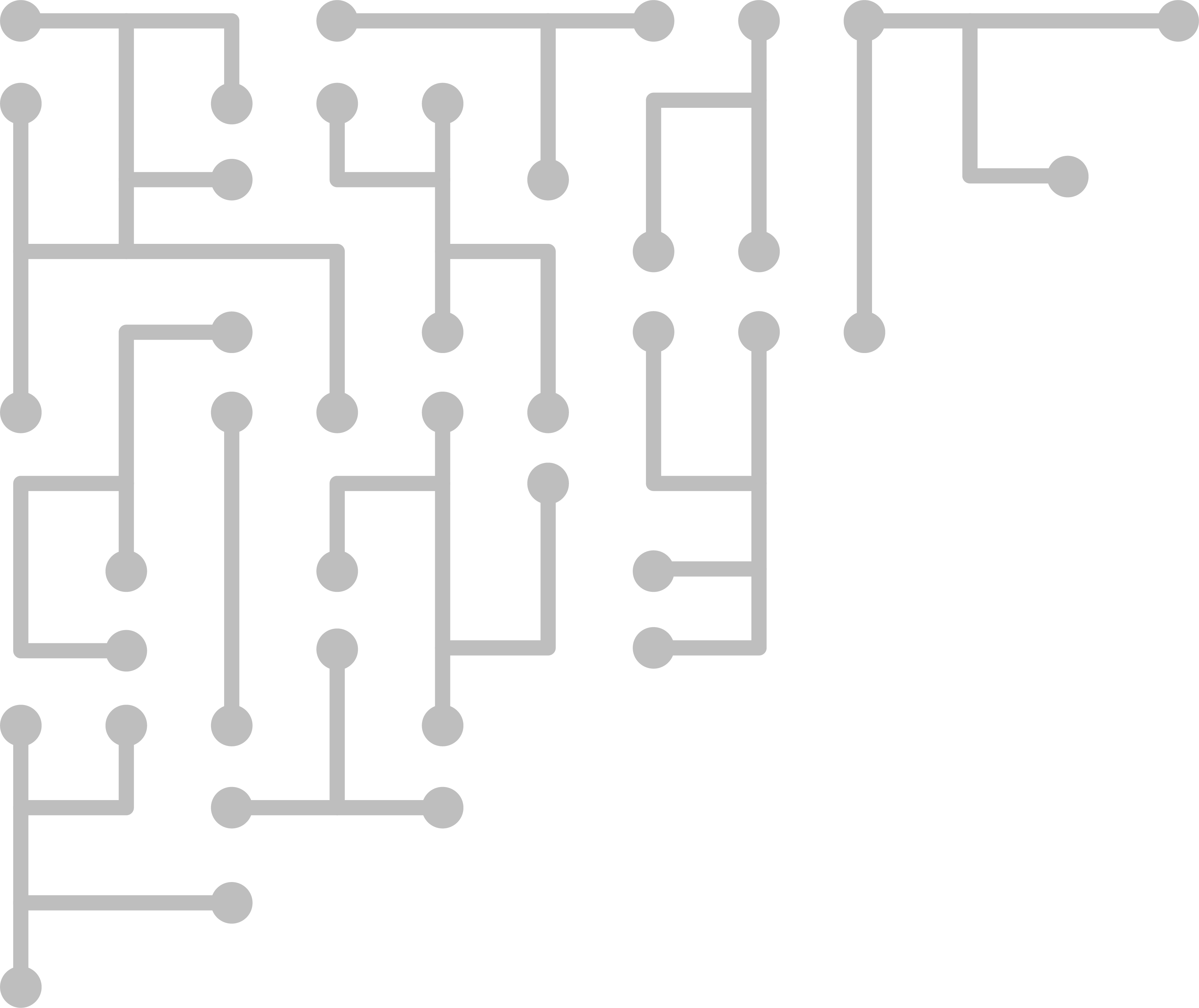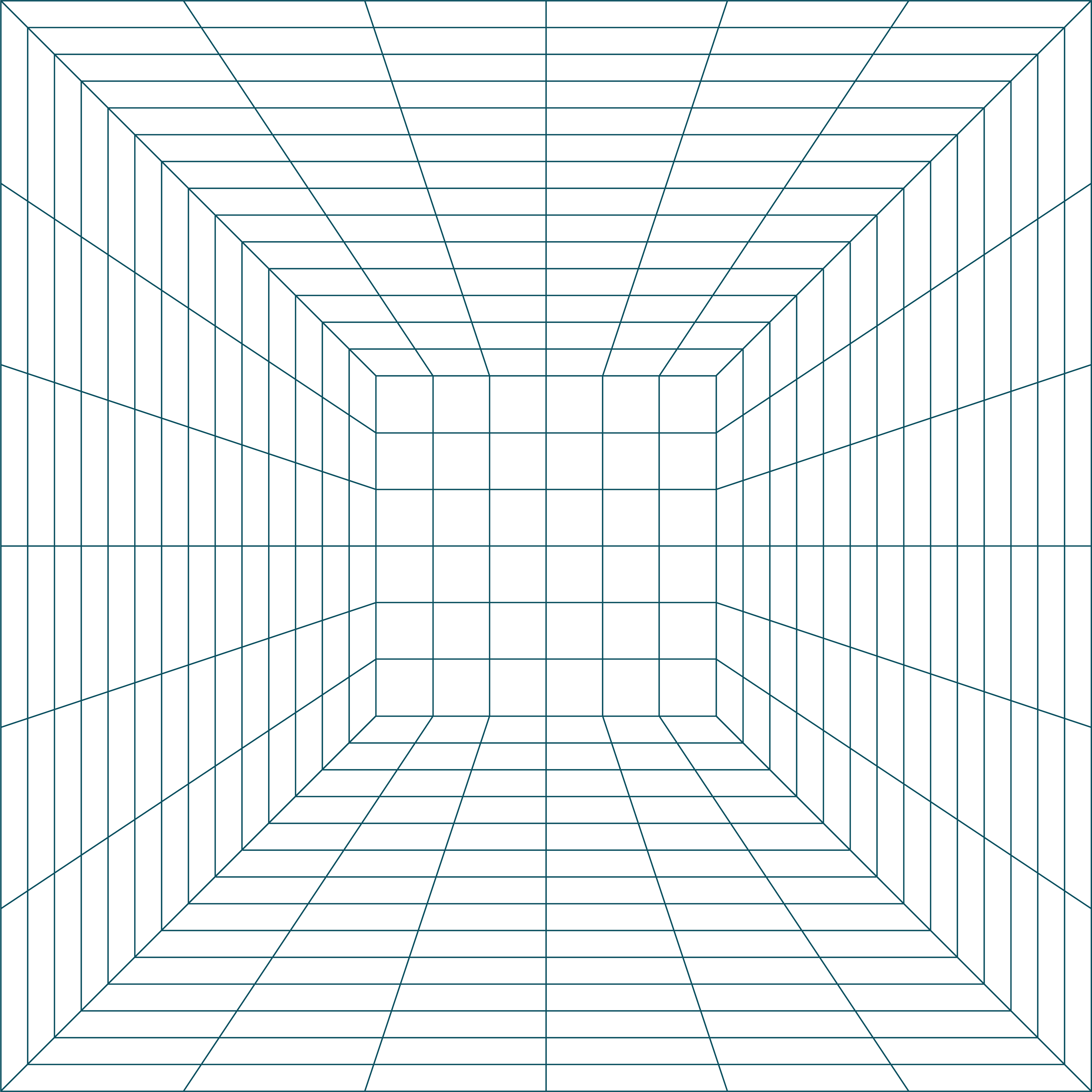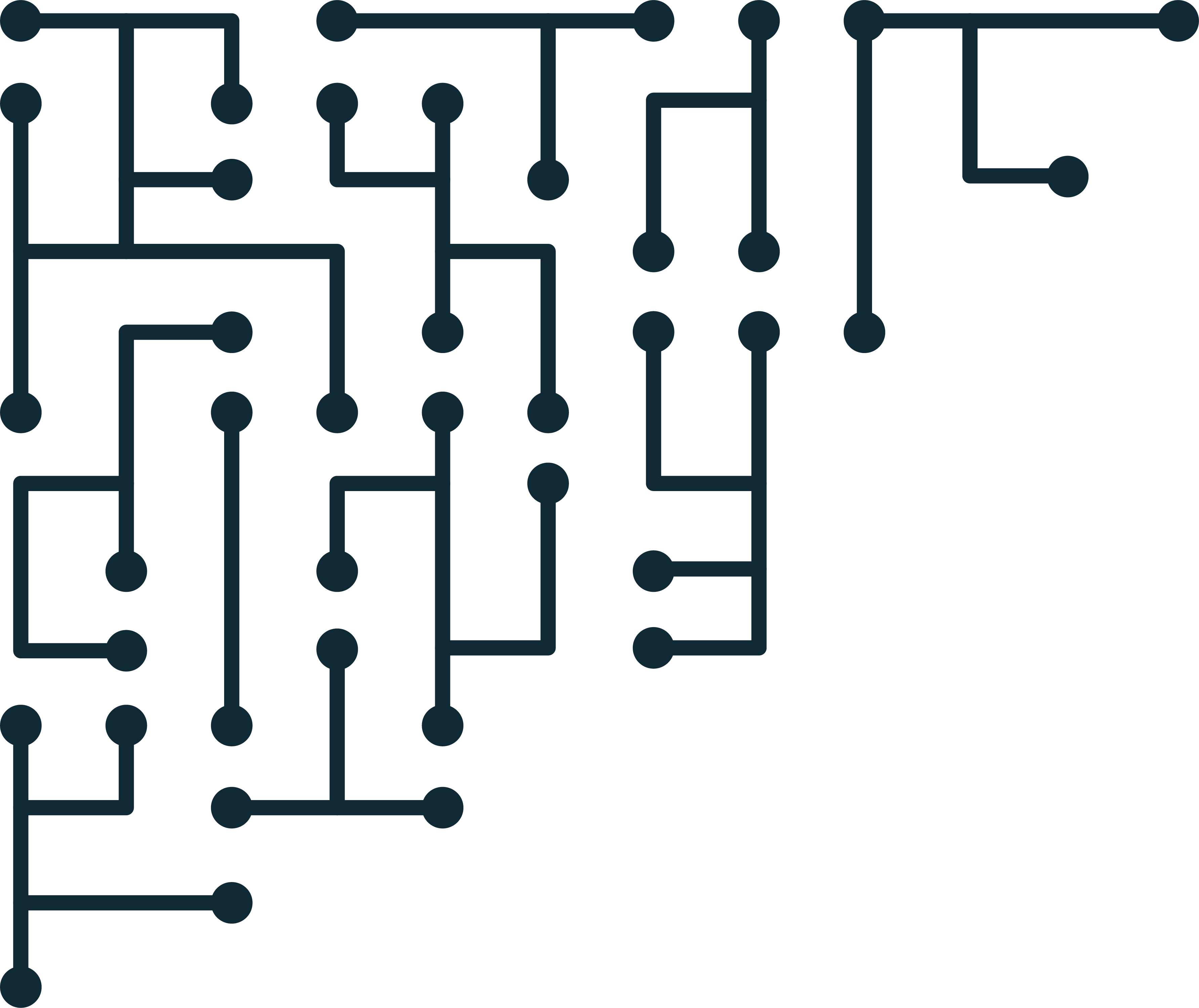ICDF2C 2016 in New York has extended its call for papers until April 25th!
Call for papers for the 8th International Conference on Digital
Forensics and Cyber Crime (ICDF2C)
Conference Dates: September 28 - 30, 2016
Location: Manhattan, New York
*Paper Submission: Monday April 25th, 2016 (any time zone)* EXTENDED!
The International Conference on Digital Forensics and Cyber Crime
(ICDF2C) brings together leading researchers, practitioners, and
educators from around the world to advance the state of the art in
digital forensic and cyber crime investigation. ICDF2C 2016 will be held
September 28 - 30, 2016 in Manhattan, New York. We invite contributions
for completed research papers, research-in-progress papers, industrial
talks, panel and tutorial proposals, and round table discussions.
Research papers are evaluated through a double-blind, peer-reviewing
process and accepted research papers will be published in a special
issue of the Journal of Digital Forensics, Security and Law (JDFSL).
JDFSL is an open access journal with a solid indexing including Thomson
Reuters ISI Web of Science. Accepted papers will be indexed in: a)
Google Scholar b) DBLP c) ProQuest d) EBSCO Host to name a few. Articles
will be available for readers online at no cost given the open access
nature of the journal. To learn more about JDFSL you can visit:
SPECIAL THEMES
This year, we have two themes that we intend to embrace. Authors are
encouraged to submit papers relating to these themes:
• Usage and implications of machine learning in digital forensics
• Big data and digital forensics
SCOPE
The Internet has made it easier to perpetrate crimes by providing
criminals an avenue for launching attacks with relative anonymity. The
increased complexity of global communication and networking
infrastructure and devices makes investigation of cybercrimes difficult.
Clues of illegal activities are often buried in large volumes of data
that need to be sifted through in order to detect crimes and collect
evidence. The field of digital forensics and cybercrime investigation
has become very important for law enforcement, national security, and
information assurance. Digital forensics and cybercrime investigations
are multidisciplinary areas that encompass law, computer science,
finance, telecommunications, data analytics, policing and more. ICDF2C
brings together practitioners and researchers from diverse fields
providing opportunities for business and intellectual engagement among
attendees.
The following topics highlight the conference's theme:
• Anti Forensics and Anti-Anti Forensics
• Big Data and Digital Forensics
• Business Applications of Digital Forensics
• Civil Litigation Support
• Cloud Forensics
• Cyber Crime Investigations
• Cyber Criminal Psychology and Profiling
• Cyber Culture & Cyber Terrorism
• Data hiding and steganography
• Database Forensics
• Digital Forensic Science
• Digital Forensic Tool Testing and validation
• Digital Forensic Trends
• Digital Forensics & Law
• Digital Forensics and Error rates
• Digital Forensics novel algorithms
• Digital Forensics Process & Procedures
• Digital Forensics Standardization & Accreditation
• Digital Forensics Techniques and Tools
• Digital Forensics Triage
• e-Discovery
• Hacking
• Incident Response
• Information Warfare & Critical Infrastructure Protection
• Law Enforcement and Digital Forensics
• Machine learning and Digital Forensics
• Malware & Botnets
• Mobile / Handheld Device & Multimedia Forensics
• Money Laundering
• Network forensics
• New chip-off techniques
• Novel Digital Forensics Training programs
• Online Fraud
• Programming Languages and Digital Forensics
• SCADA Forensics
• Sexual Abuse of Children on Internet
• Software & Media Piracy
• Theoretical Foundations of Digital Forensics
• Traditional Criminology applied to Digital Forensics
• Philosophical accounts for Cyber Crime and Digital Forensics
IMPORTANT DATES
_Research papers & presentation proposals:_
Submission deadline: Monday, 25 April, 2016 (any time zone) *extended*
Notification of Acceptance: Friday, 1 July, 2016
Camera-ready Version: Monday, 1 August, 2014
_Other Submissions (industry talks, panel discussion or workshops): _
Submission deadline: Friday, 1 July 2016
Notification of Acceptance: Friday, 15 July 2016
RESEARCH PAPERS & PRESENTATION PROPOSALS
Papers describing original unpublished research are solicited. Submissions must not be concurrently under review by a conference, journal or any other venue that has proceedings. Papers in the topic areas discussed are preferred, although contributions outside those topics may also be of interest. Please feel free at any time to contact the conference general chair if you have questions regarding your submission.
- Completed Research Papers: No longer than 14 pages (including abstract, figures, tables and references) must be formatted using JDFSL template (see Formatting / Templates on http://www.jdfsl.org/for-authors).
- Presentation Proposals (e.g., to present work in progress): No longer than 1 page (12pt, any format). Accepted proposals will get a 15min presentation slot as well as the chance to present work during the singleer session.
- Papers / proposals must be submitted only through Easychair.org by going to: https://www.easychair.org/conferences/?conf=icdf2c2016.
All submitted research papers will be judged based on their quality through double-blind reviewing. Authors' names must not appear in the paper. All other submissions should be sent via email to the conference general chairs ({FBreitinger, IBaggili} at newhaven.edu).
PUBLICATIONS
Accepted papers will be published in a special issue of the Journal of Digital Forensics, Security and Law (
http://www.jdfsl.org).
OTHER SUBMISSION CATEGORIES
Submissions can be made in a number of categories: industrial talks, panel and tutorial proposals, workshops and round table discussions. Please follow the following guidelines in preparing your submission.
- Industrial Talk: Typically a 1,000 word description of the proposed talk. All talks must be vendor neutral.
- Round Table Discussion: Typically a 1,000 word synopsis of the topic area.
- Panel Proposals: Typically a 1,000 word description, identifying the panelists to be involved.
- Workshop Proposal: Typically a 1,000 word synopsis about the content of the workshop.
- Tutorial Proposals: Typically a 1,000 word description of topic(s), potential speakers, program length, and potential audience. Also, include proposer resume(s).
All proposals should be submitted to the general chairs ({FBreitinger, IBaggili} at newhaven.edu).
CURRENT TPC MEMBERS
Timothy Vidas, Carnegie Mellon University
Ping Ji, CUNY - John Jay College of Criminal Justice
Spiridon Bakers, Michigan Technological University
Ibrahim Baggili, University of New Haven
Neil Rowe, U.S. Naval Postgraduate School
Kim-Kwong Raymond Choo, University of South Australia
Irfan Ahmed, University of New Orleans
Nation Agarwal, University of Arkansas at Little Rock
Long Guan, Iowa State University
Martin Olivier, University of Pretoria
Michael Losavio, University of Louisville
David Dampier, Mississippi State University
Chien An Le Khac, University College Dublin
Honggang Zhang, University of Massachusetts Boston
K P Chow, University of Hong Kong
AndrewMarrington, Zayed University
Nicole Beebe, The University of Texas at San Antonio
Joshua I. James, Digital Forensic Investigation Research Laboratory
Pavel Gladyshev, University College Dublin
Petr Matousek, Brno University of Technology
Ahmed F.Shosha, University College Dublin
Christian Winter, Fraunhofer Gesellschaft
Martin Schmiedecker, SBA Research
Farmhand Iqbal, Zayed University
Mark Scanlon, University College Dublin
ThomasKemmerich, University of Bremen, IS-Bremen
KathrynSeigfried-Spellar, Purdue University
Sting Mjolsnes, Norwegian Univ. of Science and Technology NTNU
Michał Rzepka, MSH Consulting
Vassal Roussev, University of New Orleans


